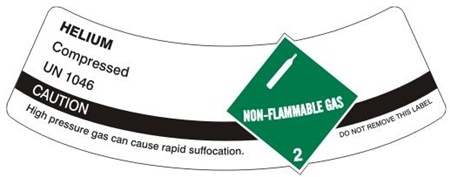The good news is that people are living longer.
The bad news is that we don't get to pick which ones.
The bad news is that we don't get to pick which ones.
I agree. I would rather work longer than to be able to say I am retired but have to constantly worry about going over my budget every month.I think you might enjoy reading Mr. Money Mustache forum since the people there in general tend to retire on much less $ then this forum. I personally would not want to live on so little but many do.
I read there alsoI think you might enjoy reading Mr. Money Mustache forum since the people there in general tend to retire on much less $ then this forum. I personally would not want to live on so little but many do.
Pretty horrible though that you have a 27% chance of not making it to age 70 and plenty of people don't retire until 65.
If your rent is high in your area, move to a different region of the country. You are not working so why stay in a high COL area?
Car. None. Why pay ins., taxes, gas. when you are not having to commute? Ride a bike and take public transportation when available. Hire a taxi or rent a car for longer trips. Save $300 or more a month here.

Mr. Money Moustache is too hardcore anti-spend for me. I understand the "live like a Pauper now, so you can live like a King later" mantra, but I just am too afraid of "living like a Pauper now, so I can.... die".
I think there's a happy medium somewhere.

I agree. I would rather work longer than to be able to say I am retired but have to constantly worry about going over my budget every month.
The SS retirement age of 65 was set back when most people were expected to be dead by that age.
The SS retirement age of 65 was set back when most people were expected to be dead by that age.
.... Medicare will not be enough for nursing home intense care level.

How does one get a mortgage free home? The average price is $100000 to $300000. Find articles that effectively say first you start with a $100000 house and then make everything else free to be disingenuous.
How does one get a mortgage free home?
30k is not dirt cheap in my book. My basic expenses (housing, food, car, ins) are 16k. The OP can do more to get his expenses down.
As for paying off one's home, buy a cheap home in a LCOL area so that you can afford to double down or (even better) triple down on the mortgage payments. If you do that, it doesn't take too many years of working your tail off and living like a pauper before the house is paid off; 4 years in my case, and it would have been 3 except for Hurricane Katrina. It seems like the trick is to buy a small, low priced, lesser home that still won't require much maintenance.How does one get a mortgage free home?
It seems like the trick is to buy a small, low priced, lesser home that still won't require much maintenance.
